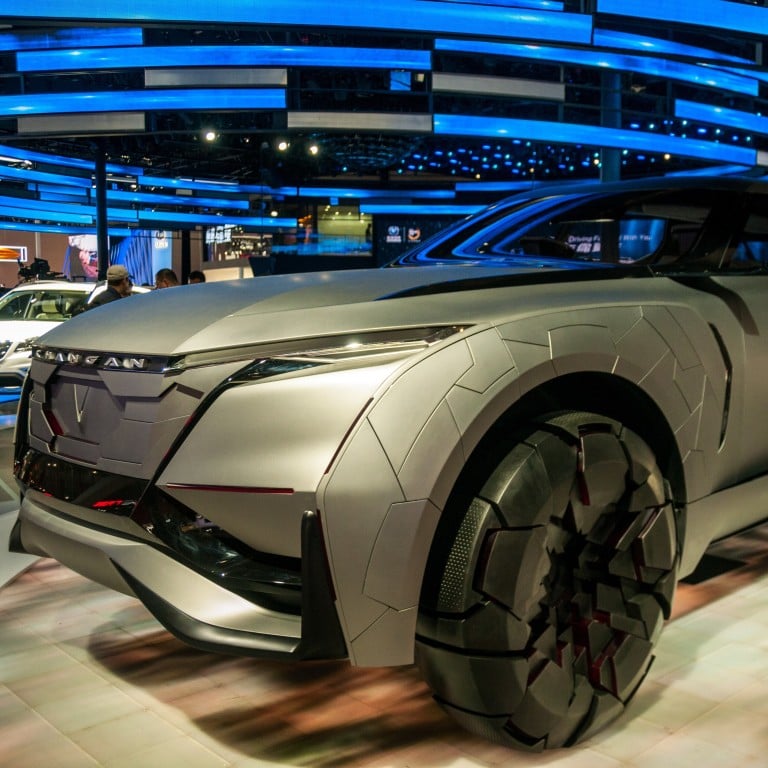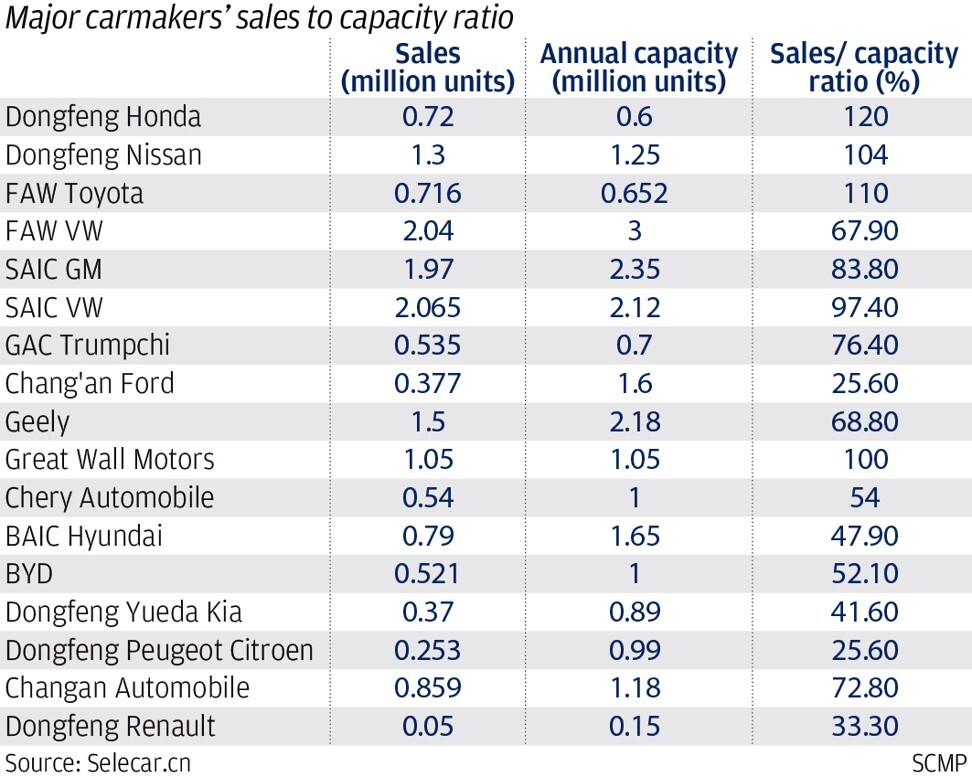
Tesla faces yet another EV rival in China as partner of Ford and Mazda teams up with Huawei and CATL to launch the Avatar brand
- Avatar will operate as an independent entity, assembling EVs based on the new CHN architecture, according to a statement by Changan Automobile
- The smart EV will use Huawei’s Harmony OS and battery packs made by Contemporary Amperex Technology (CATL)
“The smart EVs to be fitted with Huawei’s intelligent vehicle technologies and CATL’s batteries will draw rave reviews among Chinese car buyers,” said Peter Chen, an engineer with the car component company ZF TRW in Shanghai. “The two powerful partners are set to help Changan churn out high-performance smart EVs. Competition in China’s premium EV segment will escalate.”
Changan’s smart EVs in the pipeline would be launched with a series of car-related products to create a smart lifestyle and clean-energy ecosystem, the company said.
Changan plans to roll out as many as 26 smart EV models over the next five years, with the first two scheduled to be unveiled this year, the carmaker’s chairman Zhu Huarong said at the Shanghai Auto Show 2021 trade fair last month. Changan already has three EV brands. Avatar would augment Changan’s BenBen E-Star, which replaced the carmaker’s BenBen minicar starting in 2020. Changan also has the Eado EV, an electrified update of its Eado compact car, first introduced in 2012.
China’s EV deliveries rose 12 per cent last year to 1.17 million vehicles, as the industry grew from a raft of incentives and government policies aimed at prodding the driving population to replace their petrol guzzlers with vehicles running on batteries.
EV sales could soar to 6.6 million units in China by 2025, or one in four new cars, rising dramatically to 18 million units or 60 per cent share by 2030, according to a March forecast by UBS.
Global EV leader Tesla suffered a setback in China last month as the company faced protests by customers angry over safety and quality of its Shanghai-made vehicles. Its delivered fell 27.2 per cent to 25,845 units in April, down from a record sales of 35,478 vehicles a month earlier.


